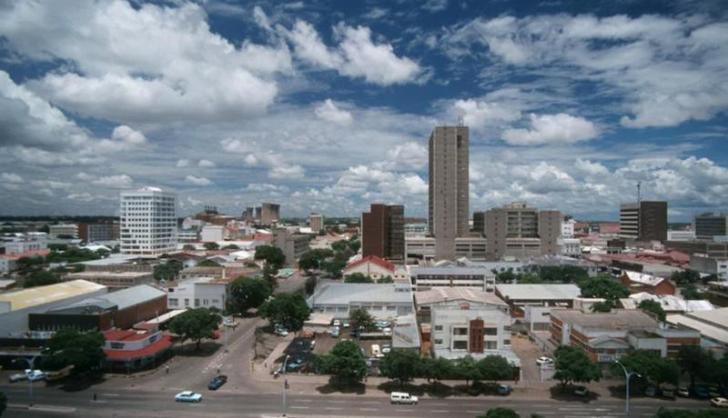News / National
BCC forges ahead with Khami Dam water plan
04 Jul 2024 at 08:25hrs |
0 Views

The Bulawayo City Council (BCC) is set to release results of a pre-feasibility study on wastewater reuse as part of efforts to address the city’s severe water crisis. The council considers recycling wastewater, particularly from Khami Dam, a viable solution for industrial water supply amid the effects of climate change and an El Nino-induced drought.
Despite previous opposition from residents due to pollution concerns, BCC maintains that modern technology can ensure the water's safety. Dubious tests in 2020 showed that Khami Dam's water meets the drinking standards of the Standards Association of Zimbabwe (SAZ) and the World Health Organization (WHO), comparable to Ncema Dam's water quality.
The wastewater recycling initiative is part of Bulawayo's medium-term strategy to tackle water shortages. Constructed in 1928, Khami Dam was decommissioned in 1988 due to severe pollution. Funding for the pre-feasibility study came from a Dutch entity, Vitens Evides International (VIE), amounting to USD 100,000, with an additional USD 1.5 million approved by the Zimbabwean government for various water projects.
Bulawayo's water management efforts also include addressing water leaks, upgrading infrastructure, and enhancing metering systems. The city aims to reduce the 46 percent loss of treated water due to leaks and billing inaccuracies. Various projects, such as the rehabilitation of the Umzingwane Dam booster pump station and the Mtshabezi-Umzingwane interlinking pipeline, are underway to improve water delivery and infrastructure.
The council is preparing a summary pre-feasibility report, aiming to provide a basis for detailed future studies and secure funding for infrastructure projects. This comprehensive approach demonstrates Bulawayo's commitment to long-term water security and sustainable resource management.
Despite previous opposition from residents due to pollution concerns, BCC maintains that modern technology can ensure the water's safety. Dubious tests in 2020 showed that Khami Dam's water meets the drinking standards of the Standards Association of Zimbabwe (SAZ) and the World Health Organization (WHO), comparable to Ncema Dam's water quality.
Bulawayo's water management efforts also include addressing water leaks, upgrading infrastructure, and enhancing metering systems. The city aims to reduce the 46 percent loss of treated water due to leaks and billing inaccuracies. Various projects, such as the rehabilitation of the Umzingwane Dam booster pump station and the Mtshabezi-Umzingwane interlinking pipeline, are underway to improve water delivery and infrastructure.
The council is preparing a summary pre-feasibility report, aiming to provide a basis for detailed future studies and secure funding for infrastructure projects. This comprehensive approach demonstrates Bulawayo's commitment to long-term water security and sustainable resource management.
Source - The Chronicle
Join the discussion
Loading comments…



























